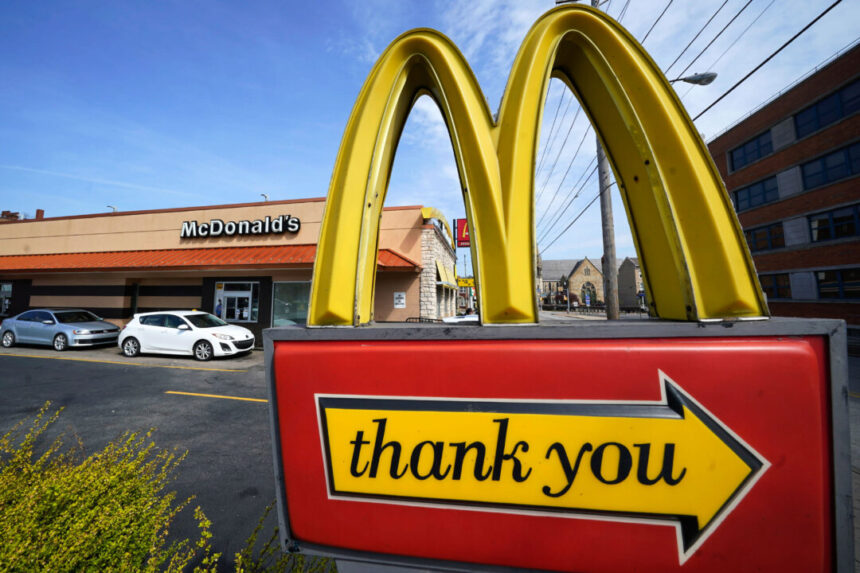The U.S. Centers for Disease Control and Prevention (CDC) declared on Tuesday that the multi-state E. coli outbreak associated with McDonald’s Quarter Pounder hamburgers has come to an end. The investigation, initiated by the CDC on Oct. 22, identified 104 E. coli cases across 14 states, resulting in 43 hospitalizations and one fatality in Colorado. Additionally, four individuals developed hemolytic uremic syndrome, a severe condition linked to E. coli that can lead to kidney failure.
The outbreak was traced back to recalled onions supplied by Taylor Farms, a California-based distributor, which were served raw on Quarter Pounders in McDonald’s outlets in Colorado, Kansas, Wyoming, and other states. McDonald’s has since ceased serving the recalled onions, and the FDA confirmed that there is no ongoing food safety concern related to the outbreak.
Although federal and state health authorities in Colorado did not detect the specific E. coli strain responsible for the illnesses in the tested onions or environmental samples, the FDA found non-O157:H7 Shiga toxin-producing E. coli in the recalled onions and an environmental sample from a grower involved in the outbreak.
Following the outbreak, McDonald’s temporarily removed Quarter Pounders from select locations in the U.S. and reintroduced the product with slivered onions last month. The company’s CEO, Chris Kempczinski, issued an apology for the incident, expressing regret for the impact on customers and franchisees.
Symptoms of E. coli infection can manifest three to five days after exposure, including severe stomach cramps, bloody diarrhea, vomiting, fever, and loss of appetite. If individuals suspect E. coli infection and experience severe symptoms such as high fever, prolonged diarrhea, bloody stool, persistent vomiting, or signs of dehydration, they are advised to seek medical attention promptly.
The CDC emphasized the importance of contacting a healthcare provider in case of suspected E. coli infection with severe symptoms. The Cleveland Clinic outlined additional symptoms that may occur if E. coli spreads beyond the stomach, affecting areas such as the urinary tract.
In response to the outbreak, McDonald’s announced plans to invest $100 million to revive customer traffic, with a significant portion earmarked for supporting affected franchisees. The company is working closely with health authorities to ensure the safety of its menu offerings and provide necessary assistance to those impacted by the outbreak. Please rewrite this sentence.
Source link






